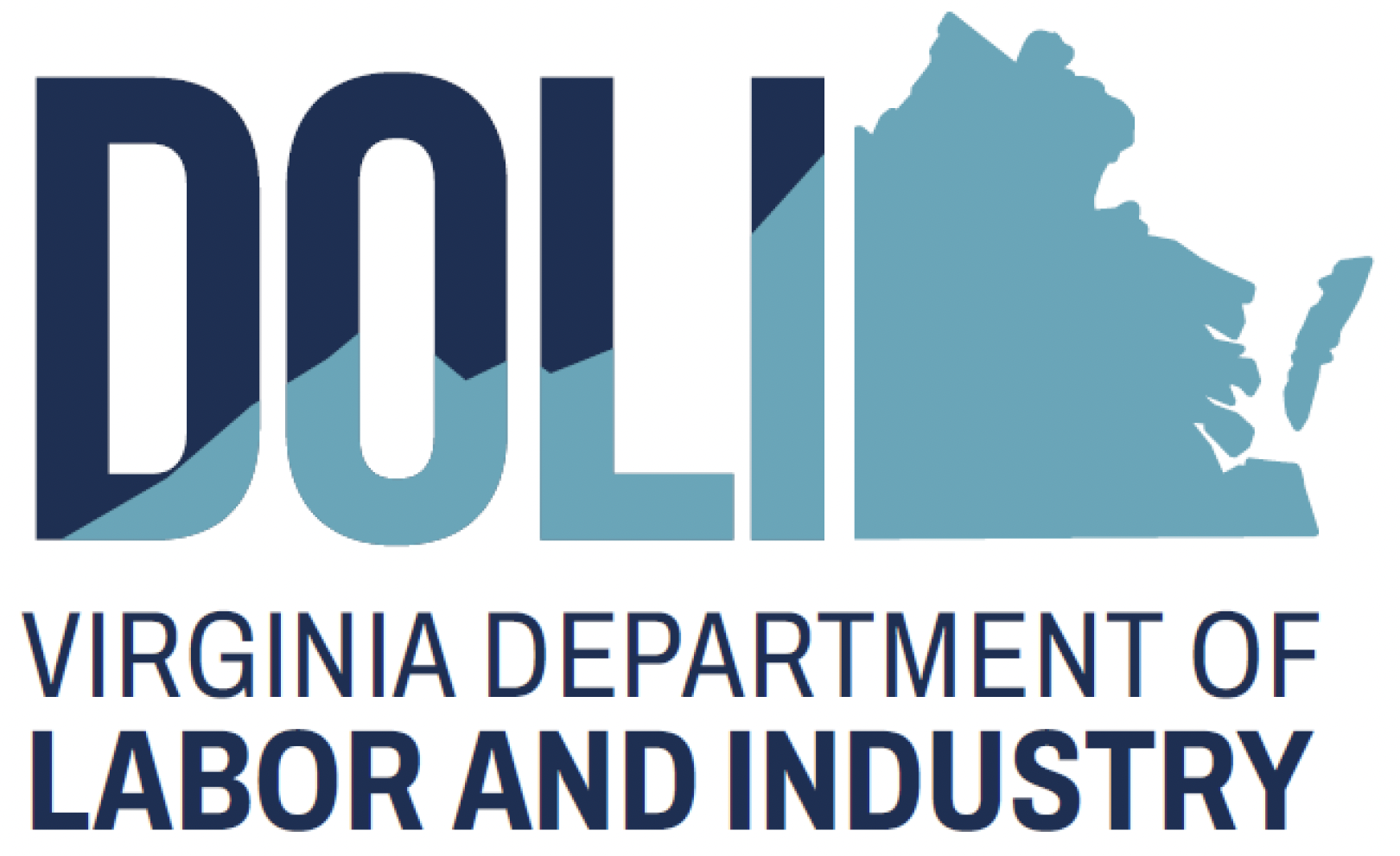Overall Economic Impact
The Virginia Occupational Safety and Health (VOSH) compliance programs provide substantial economic benefits to the state of Virginia by reducing workplace injuries and illnesses, improving worker productivity, and generating positive economic and fiscal impacts. The cost-effectiveness of VOSH inspections further supports the value of continued investment in workplace safety and health initiatives. These conclusions are based primarily on assessing the long-term effects of VOSH compliance on the most serious categories of injuries and illnesses.
DOLI strives to create an injury free culture across all workplaces in the Commonwealth. Click here to find out how you can join the movement to create an injury-free workplace.
Weldon Cooper Center for Public Service
The Virginia Department of Labor and Industry (DOLI) commissioned the Weldon Cooper Center for Public Service at the University of Virginia to evaluate the economic effects of the Virginia Occupational Safety and Health (VOSH) compliance programs on workplace safety, health, and economic growth.
Long-term Effects of Workplace Injuries and Illnesses
Workplace injuries and illnesses have significant long-term economic impacts on workers, including reduced earnings, lower labor force participation, and increased mortality rates. Studies of workplace injuries indicate that workers suffer persistent wage losses over the first decade and reduced labor force participation, especially among older workers. Injured workers often face decreased wealth accumulation and lower consumption levels due to financial strain. Additionally, these injuries and illnesses can lead to higher mortality rates and a diminished quality of life, affecting both physical and mental health. The VOSH inspections are important in mitigating workplace hazards and adverse effects of injuries and illnesses, enhancing worker well-being, and promoting economic growth.
Virginia Occupational Safety and Health (VOSH) Program
Virginia is one of 22 states authorized by the federal Occupational Safety and Health Administration (OSHA) to enforce its own Occupational Safety and Health regulations for private enterprises and state and local government organizations. The VOSH program, initially approved in 1976 and fully approved in 1988, seeks to improve workplace safety and health through inspections, compliance activities, outreach, consultation services, training, and recognition programs.
VOSH carries out their duties through the following responsibilities:
Provides education, consultation, and training to improve safety and health awareness to small and emerging businesses.
Supports business recognition programs promoting exceptional safety and health management systems (SHMS) and workplace practices.
Conducts inspections of fatal workplace accidents, imminent danger situations, employee complaints, referrals from other government agencies and proactive planned inspections targeting high-hazard workplaces.
Cost-Effectiveness of VOSH
VOSH compliance programs not only enhance worker safety, health and well-being but also contribute to economic growth, employee earnings, strengthen families and provide ongoing fiscal benefits for the Commonwealth.
The Quality Adjusted Life Year (QALY) model defines one QALY as equivalent to a year of perfect health with lower values reflecting reduced Quality of Life reductions attributable to a workplace injury or illness. QALY is primarily used to estimate the value of health outcomes and, experts generally regard a value of $50,000 per QALY to be cost effective.
VOSH inspections cost $20,965 per QALY well below the generally accepted $50,000 cost effectiveness threshold, making them highly cost-effective by more than a factor of two.
What IF You Could Go Your Entire Career Injury Free?
The IF (Injury Free) campaign is a cultural attitude, encouraging businesses to view safety as a value rather than an item on a checklist, showcasing how assuring your workforce is injury-free is an ongoing responsibility. It’s not a checklist but a new way of thinking that keep safety top of mind to avoid injuries.

 ONLINE PORTAL
ONLINE PORTAL
 LOCATIONS
LOCATIONS
 EVENTS
EVENTS
 ABOUT
ABOUT